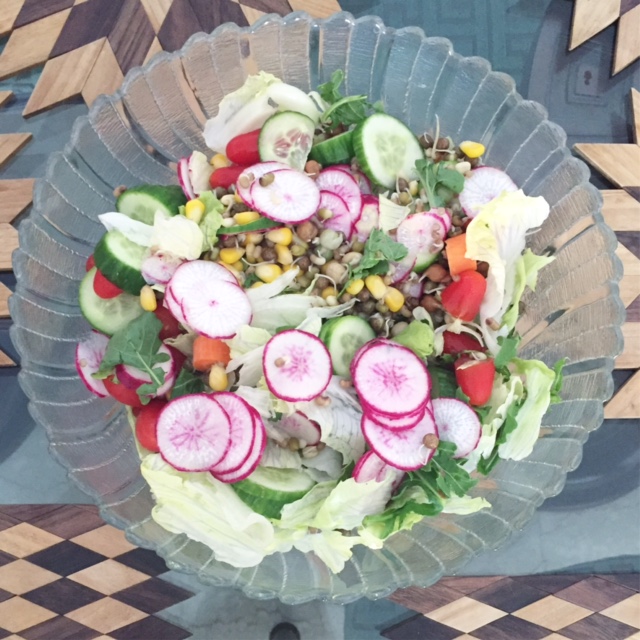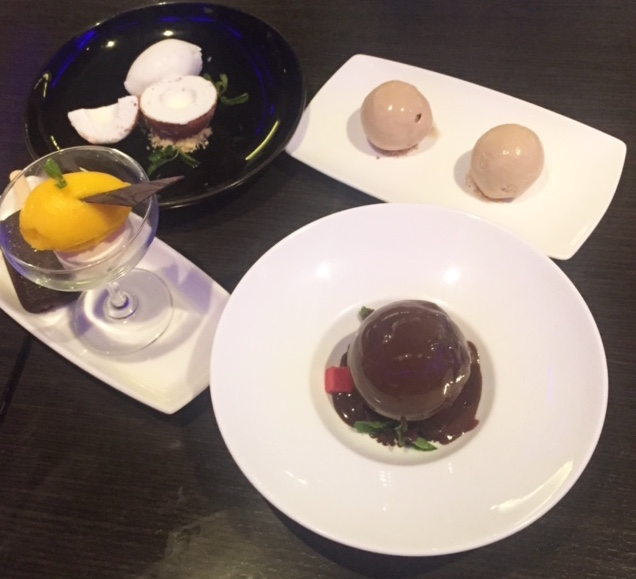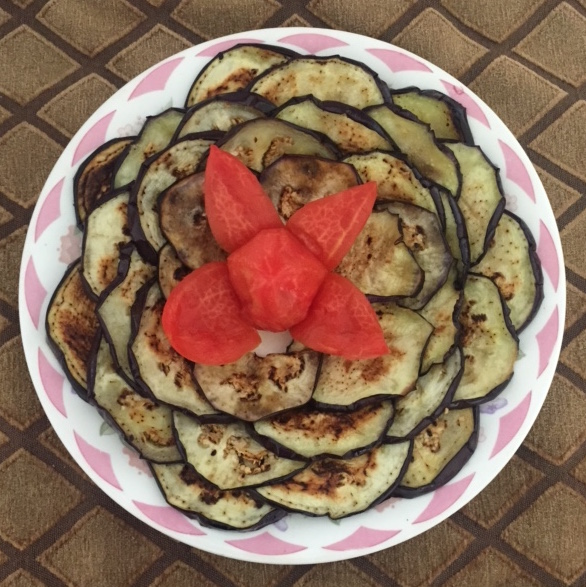This post is in honour of May being officially deemed as ‘Mental Health Awareness Month’
If you search through the #EatClean hashtag on Instagram, chances are you will find unlimited photos of perfectly-presented bowls of oatmeal and mason jars overflowing with smoothies. Discussing dietary restrictions and approaches has now become socially-accepted chatter on the dinner table. Even though not always by personal choice, we are immersed in a culture that emphasizes the importance of being fit & eating healthy. Despite the fact that our ancestors thrived on rice and yogurt, these foods are now being demonized. Consumers are being guilted into swapping grains for vegetable substitutes like ‘zoodles’ (=zucchini noodles) & cauliflower rice. The simple act of sipping a latte is far from simple anymore. Unless it packs in various superfood powders and made with a plant-based ‘mylk’, let’s not even talk about it. Essentially consumers are going above & beyond to make every calorie consumed count towards their health.

In theory, this increased awareness in healthy living can only be a good thing. In reality, this seemingly harmless interest in nutrition and wellbeing often leads to more dangerous implications. Although not yet a clinically recognized disorder, more light is being shed on the psychological condition ‘Orthorexia Nervosa’. Coined by Steven Bratman, MD in 1996, orthorexia can be defined as an obsession with healthy foods. Orthorexia sufferers often display signs and symptoms of anxiety disorders that frequently occur with anorexia nervosa or other eating disorders. It stems from innocent attempts to improve one’s well-being through solely eating foods which promote good health. Rather than the quantity of food consumed, there is heavy regard placed on the quality. Orthorexics may obsess about eating the right foods to the point of social isolation, emotional dissatisfaction and even starvation if there is no suitable option available. Every waking moment is spent towards meal planning and calculating the right balance of nutrients. While such individuals try to control the foods they eat, the opposite ends up happening: food controls them.

Although wanting to eat healthy diet is certainly commendable, these questions from the National Eating Disorders Association are a good indicator if that desire has gone too far:
- Do you wish that occasionally you could just eat and not worry about food quality?
- Do you ever wish you could spend less time on food and more time on living and loving?
- Does it sound beyond your ability to eat a meal prepared with love by someone else—one single meal—and not try to control what is served?
- Are you constantly looking for the ways foods are unhealthy for you?
- Do love, joy, play, and creativity take a backseat to having the perfect diet?
- Do you feel guilt or self-loathing when you stray from your diet?
- Do you feel in control when you eat the correct diet? Have you positioned yourself on a nutritional pedestal and wonder how others can possibly eat the food they eat?
My experience with orthorexia
While I’m not a doctor, I can certainly share my personal experience with this condition. Looking back, I do think that I was borderline orthorexic at one stage in my healthy living journey. While food never dominated my relationships, there was a time where I fixated a bit too heavily on every single ingredient I put into my body. If I was going to eat a cookie, I’d always choose the one made from ‘clean’ ingredients like oat flour, coconut sugar, coconut oil, etc rather than the Oreo…even though I much preferred the latter. Rather than browse restaurant menus online beforehand out of excitement for my upcoming meal out, my motives were fuelled more by the need to ensure I’d have a few healthy options to choose from.

While I still think we absolutely should take care of the virtue of our food and educate ourselves about eating a healthy diet, it’s more important to look at the big picture. Especially as mental health & physical health are completely intertwined, we need to continuously strive to adopt a holistic approach to health & wellbeing. If you are eating nutrient-dense, whole foods 80% of the time, a bit of trans fat and god-forbid, real butter is NOT going to kill you. It’s not going to make you less healthy nor mess with your hormones. If Diet Coke is your vice and you pop a can or 2 a week, drinking it is not going to increase your risk of cancer. Your muscles aren’t going to suddenly dissolve if your last meal skimped on protein. If anything, stressing about every morsel you put in your body will do more harm than good in the long run. The constant stress about the food on your plate can eventually lead to serious implications like impaired hormonal activity, obesity, and increased risk of various health issues like heart disease & diabetes. Surely that time spent towards thinking about food can be better invested towards creating more meaningful experiences and relationships in life. Of course eating a healthy diet is important to ensure your body runs smoothly, but nourishing your mental health is even more crucial in the pursuit of a healthy lifestyle…and sometimes that means eating the damn dairy-filled, sugar-laden bowl of ice cream just because your soul needs it.
For some more of my tips on how to heal your relationship with food, check out my recent Mumbai Mirror article: How To Make Friends With Food.
No questions but I would love to hear your thoughts on orthorexia…

As with everything in life, balance is key! You have to have the right measure or you drive yourself totally crazy.
So true Ambaa…it’s a constant fight towards balance!
damn right! healthy living related things have grown so much, it feels so distorted & im kinda tired of it. thank you for sharing this!
On one hand, it’s amazing how health-conscious the world has gotten. But at the rate we’re going, it’s getting a bit much!
Well said, and you know my thoughts on this topic. You’d have to pry the butter from my cold, dead hands. Ha!!
If anyone would agree with me, I knew I could count on you :D!
I totally agree – I don’t even like the term “clean eating”. I think it also brings a sense of elitism into healthy eating, which is a whole different can of worms. Not everyone has the luxury of being able to afford items like sprouted grain bread, hemp hearts, and grass fed meats. I like to take a simpler approach to healthy eating and not make anyone feel like their budget is a barrier to eating well!
Excellent point about the elitism that comes with ‘clean eating’, Chelsea! With all these ‘new age’ foods around, we tend to forget that some of the foods that have been around for decades are still the most nutritious.